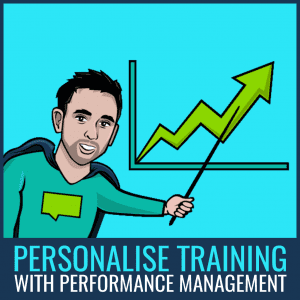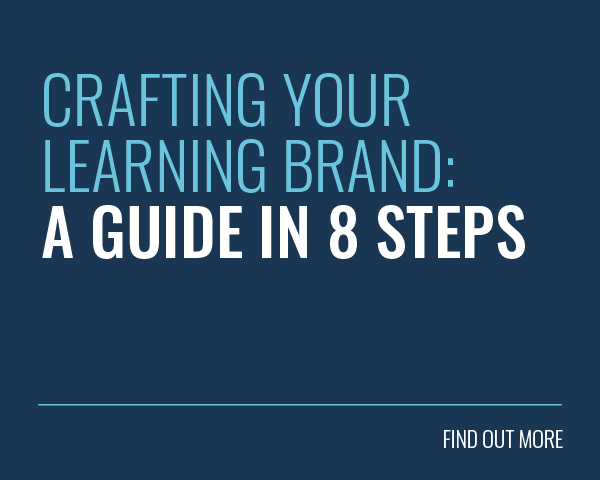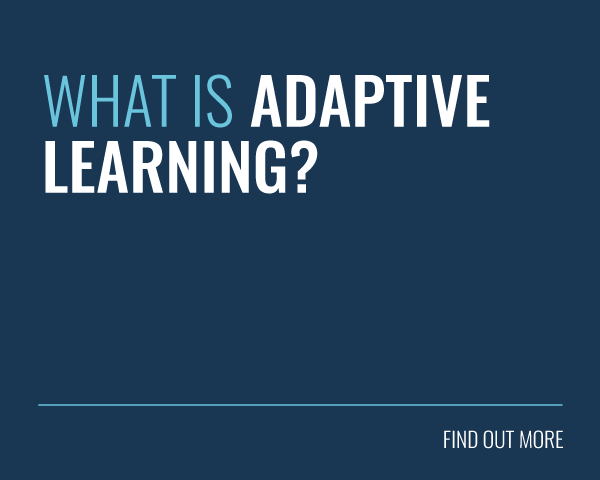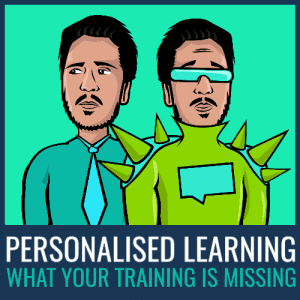 Personalised learning is becoming a reality as technological advances open the doors for more and more customisable options. These leaps in technology didn’t happen at random – app developers and designers saw the way their users were interacting with their products and adapted them to get the best engagement possible.
Personalised learning is becoming a reality as technological advances open the doors for more and more customisable options. These leaps in technology didn’t happen at random – app developers and designers saw the way their users were interacting with their products and adapted them to get the best engagement possible.
The User Experience Hierarchy of Needs explains that in order for users to get the most out of their software, what they are asked to do needs to be meaningful to them. This relevance is particularly important when it comes to employee training.
Nobody likes work-based training. At the very least, it’s another task that gets in the way of ‘real’ work. When you’re trying to engage people with their learning and development, it’s important to understand that you’re starting off on the worst possible foot.
Personalised learning is important because it creates a customised learning pathway that’s entirely relevant to each individual. When they encounter a learning platform that seems to deliver exactly what they, personally, need, they’re more inclined to give the training the chance it deserves.
Personalised eLearning – The Discovery Method
One way to create a really personal feel, and therefore make the experience more meaningful to your employees, is to encourage them to input their real-life work experiences and scenarios into their eLearning module.
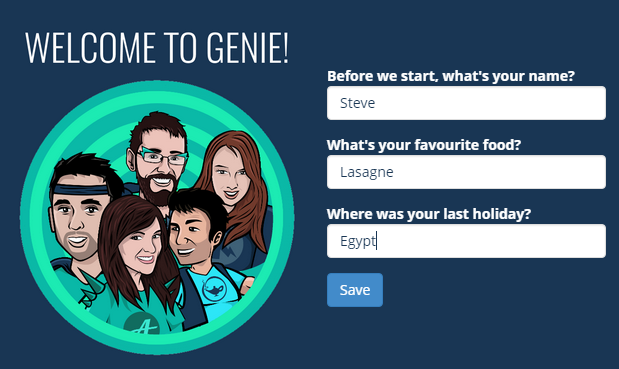
The Discovery Method of learning – what we call this ground-breaking technique – makes it fun and interesting for learners to progress through the training module as it uses their names within the eLearning.
Everyone likes to be a little bit famous! It also makes the learning relevant to their day-to-day lives by referencing job titles, real co-worker conflicts and encouraging learners to plan actions that they can start implementing straight away.
Getting learners to use their own experiences to fuel their learning makes them enjoy it so much more. They feel more connected to and engaged with the subject matter and are more likely to retain it.
Personalised Learning Pathways
 Personalisation isn’t just about interacting with eLearning units – it’s about making the entire learning journey relevant and meaningful for each individual learner. Adaptive learning pathways let learners find their own way through the available learning content. At a basic level, a simple way to implement this is to create specific learning pathways for each department.
Personalisation isn’t just about interacting with eLearning units – it’s about making the entire learning journey relevant and meaningful for each individual learner. Adaptive learning pathways let learners find their own way through the available learning content. At a basic level, a simple way to implement this is to create specific learning pathways for each department.
By tailoring the type of content each employee encounters, you can ensure that they aren’t wading through a swamp of content that isn’t relevant to them, just so they can find the manual or the eLearning unit that they actually need. With more advanced solutions, you can also unlock the possibility of suggested training.
With this feature, the user can find recommended content based on their activity on the platform. This means that the learner can find relevant content that improves their performance, and they don’t even have to look for it.
Personalised career progression
One of the key reasons that personalised learning is essential is that it focuses on the main point of training and development. Professional development is beneficial to the business, but few employees will approach their training with this in mind. They want to know what benefit the training will have for them, personally.
When the training programme is created to be as personalised as possible, its value will become immediately obvious to your learners. The alternative is to dump all of your training material in one place for everyone and hope that they can somehow divine how it’ll benefit their individual careers.
Gladly, besides creating a personalised learning pathway for each learner, it’s also possible to manage their performance and coordinate their training with their career progression in a meaningful and visible way. This is just one of the ways that personalisation can help your business succeed by helping your employees succeed.

